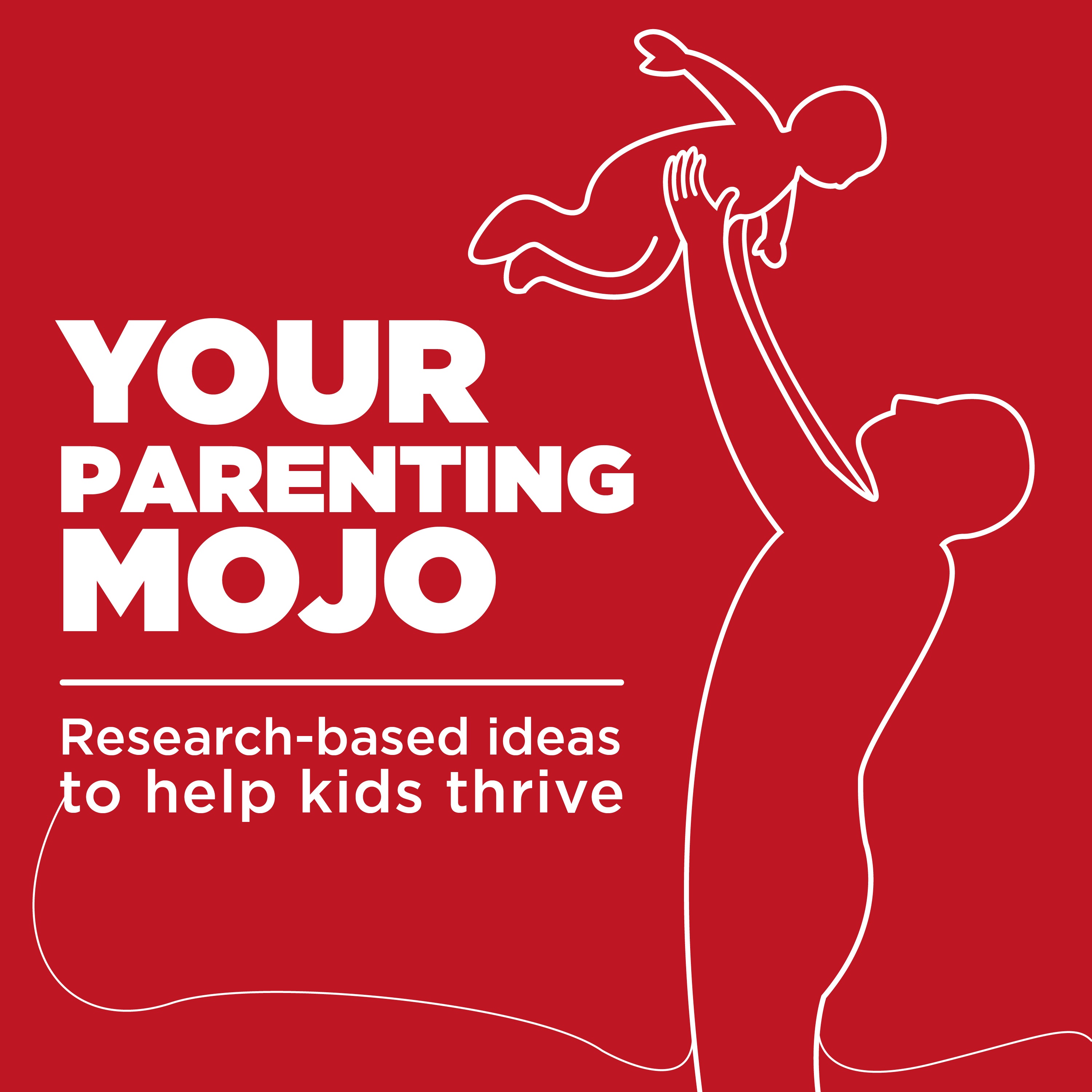Episode Summary
My mom died when I was 10, and for a while people in our small village would look at my sister and me as if we were 'special' in some weird way. By the time I was a young adult that was just one of a stew of difficult experiences I'd had, and I also realized: my stuff is not special.
By that age, most people are carrying around some kind of trauma.
But so what? Does it matter? If our mental health is good enough, does it help to wallow around in all the stuff that's in the past?
In this episode we talk with Dr. Nadine Burke Harris, who has pioneered the connections between these kinds of Adverse Childhood Experiences and medical care for children, as well as Jackie Thu-Huong Wong, Executive Director of First 5 California.
We'll learn:
What is an Adverse Childhood Experience (ACE);
How ACEs can influence not only our physical but our mental health as well;
What we know about the protective effects of relationships with caring adults
Dr. Burke Harris' opinions of the 'best' authoritative parenting style;
A new feature in our episodes: mild, medium, and spicy options for parents who want to dip their toe into the water on this topic, or dive more deeply.
Taming Your Triggers
Still feeling uncertain about the impact of childhood experiences on your parenting journey? If you need more help, the Taming Your Triggers Workshop is here for you.
Discover why you react strongly to your child's behavior, heal past hurts that trigger your feelings, and develop skills to understand and meet your needs-- AND your child's needs.
Let's transform your parenting journey from frustration to confidence! Join the waitlist and we'll notify you as soon as we reopen.
Episode mentioned
148: Is spanking a child really so bad?
Jump to Highlights
01:26 Introducing today’s topic and guests
04:20 Clarifying the concept of adverse childhood experiences (ACEs) and their origin
06:37 Discussing how Dr. Burke Harris’s research expanded the understanding of ACEs beyond family-focused indicators
10:05 Exploring the paradox of declining death rates and the ongoin
